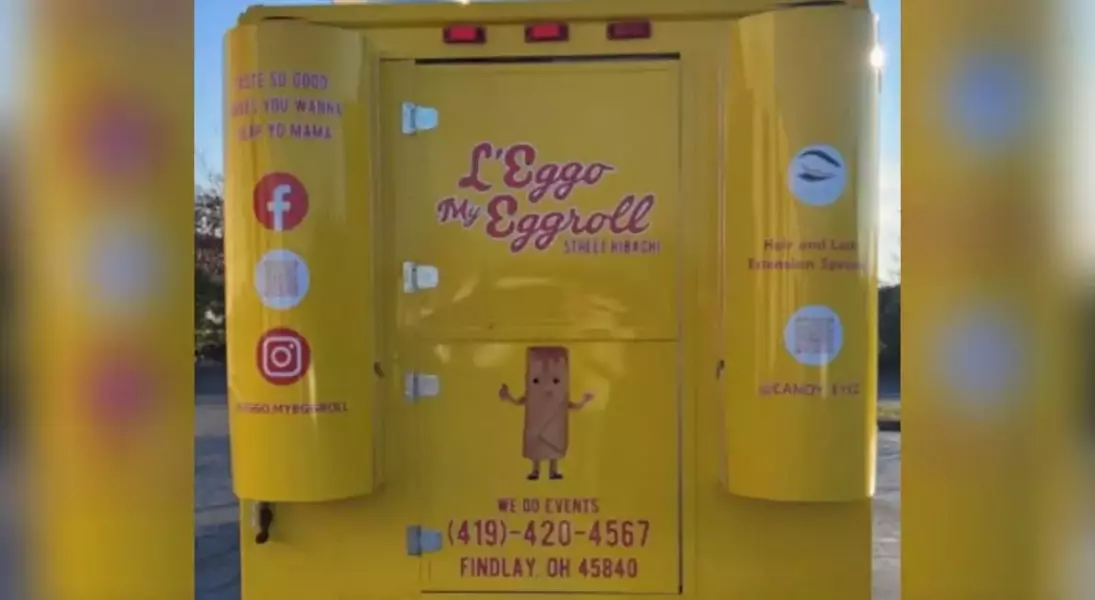
A major food production company has initiated legal proceedings against a mobile eatery in Ohio, accusing it of capitalizing on its well-known waffle trademark. The corporation from Michigan filed a federal complaint asserting that the name and appearance of the food truck create confusion with their branded frozen waffles. Despite discussions aimed at resolving the matter amicably, the food truck allegedly refused to comply and instead requested financial compensation for their business. The lawsuit seeks cessation of all related activities and monetary restitution for any gains made through alleged infringement.
Trademark Dispute Escalates into Federal Litigation
A renowned food manufacturer recently took the step of filing a lawsuit against an Ohio-based food truck over allegations of trademark infringement. The plaintiff asserts that the defendant’s branding causes public association with their iconic waffle product line, thereby violating intellectual property rights. Despite multiple communications urging the removal of infringing elements, the food truck reportedly disregarded these requests and even sought a buyout offer from the corporate giant. This rejection prompted further legal action demanding immediate cessation of all offending practices.
In the world of culinary commerce, brand protection remains a critical issue. When Kellogg, a titan in the food industry, noticed a striking resemblance between its famous waffle brand and the identity of "L’eggo My Egroll," a local Ohio food truck, they were compelled to act. According to the complaint, the food truck's branding not only mimicked but also exploited the renown of Kellogg's products. Despite efforts to resolve the situation privately, including negotiations proposing modifications or settlements, the food truck chose a different path. Instead of altering its branding, it counteroffered with a proposal asking Kellogg to acquire the entire business. This bold move led to the initiation of formal legal procedures.
Monetary and Cessation Demands in the Lawsuit
Beyond seeking an end to the alleged misuse of its trademarks, the lawsuit filed by the food giant includes additional demands concerning financial accountability. The corporation insists that the food truck must provide a detailed account of all profits accrued as a result of the suspected infringement. Furthermore, they are requesting repayment of these funds as part of the resolution process. In addition to financial restitution, the lawsuit calls for attorney fees to be covered by the defendant, reflecting the seriousness of the claim and the resources invested in pursuing justice.
The legal battle extends beyond mere cessation orders, delving into the realm of economic reparation. Kellogg's comprehensive approach aims not only to safeguard its intellectual property but also to ensure fair compensation for any perceived damages. By demanding a thorough accounting of all financial benefits attributed to the use of similar branding, the company underscores its commitment to protecting its brand equity. Moreover, the inclusion of legal expenses in the lawsuit highlights the depth of their investment in this case. With a 30-day window for the food truck to respond, the outcome could set a significant precedent in trademark disputes within the food industry, emphasizing the importance of respecting established brands while fostering innovation in small businesses.
